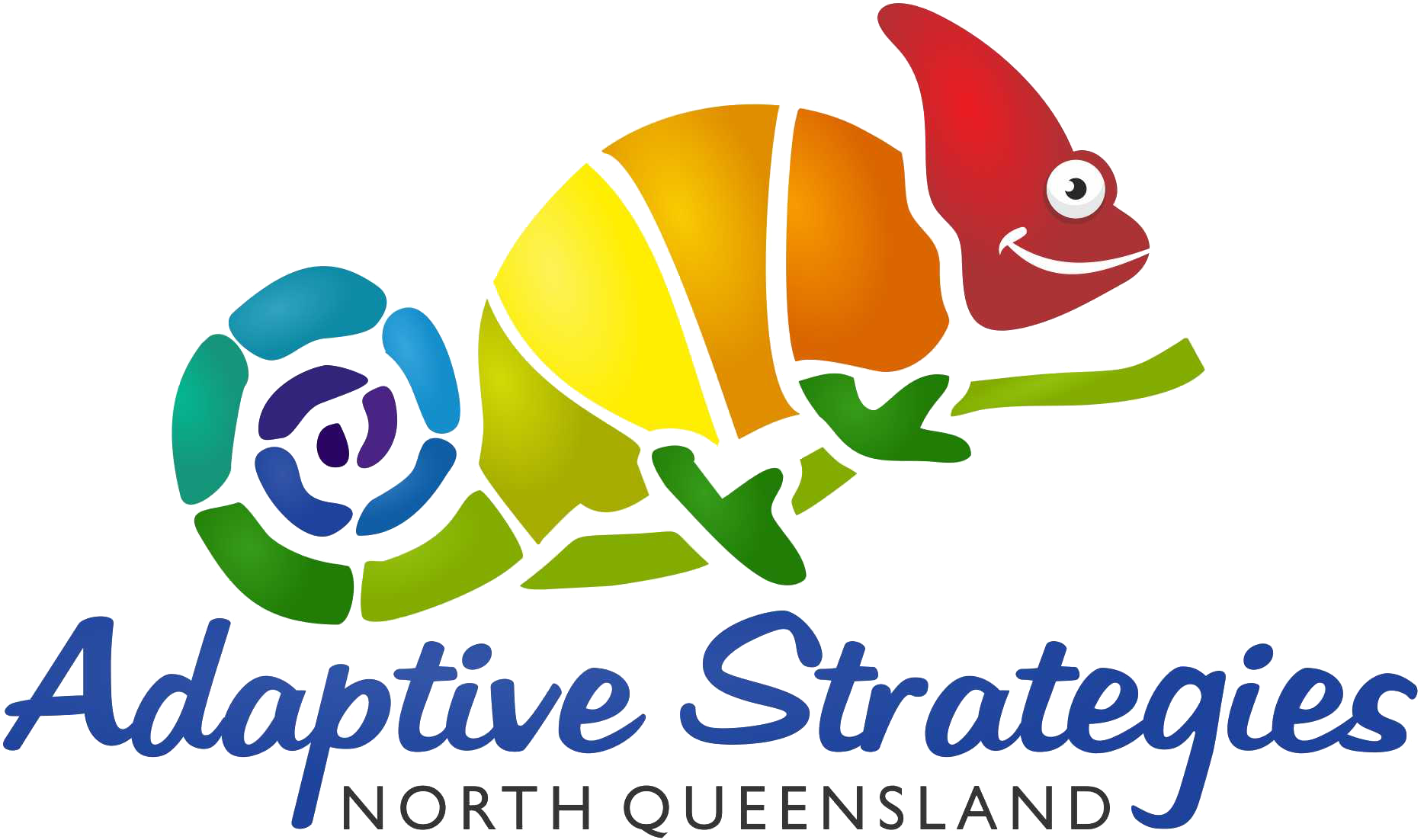Lead by Dr CJ, a significant focus of the Adaptive Strategies team is the diagnosis & treatment of Neurodevelopmental disorders.
Dr CJ is an academic in this area and is a full member of the Australian ADHD Professionals Association (AADPA). He operates as a supervisor to his staff who are trained in the application of assessment measures & treatment programs for children and adults with Neurodevelopmental disorders.
Assistance with the preparation of NDIS applications for diagnosed individuals may also be provided by Adaptive Strategies Clinicians.
Neurodevelopmental disorders are disabilities associated with the functioning of the neurological system and brain. Attention-Deficit Hyperactivity Disorder (ADHD) & Autism Spectrum Disorder (ASD) are the most prevalent neurodevelopmental disorders. Neurodevelopmental Disorders are lifelong disorders. Without identification and treatment, an individual with a Neurodevelopmental Disorder is disproportionately more likely to potentially experience a variety of adverse life trajectories and outcomes.
ADHD
Attention-Deficit Hyperactivity Disorder
It is estimated that about 5% of the juvenile population and 2.5% of the adult population have ADHD. ADHD is a pervasive disorder characterised by inattention and/or hyperactive/impulsive behaviours that cause significant dysfunction in a child’s life.
Individuals with ADHD experience impairment in one or more executive functions including:
- task initiation
- organisational skills
- self-monitoring
- impulse control
- emotion control
- working memory
- cognitive flexibility
ASD
Autism Spectrum Disorder
It is estimated that about 1% of the general population have ASD.
ASD is characterised by repetitive and characteristic patterns of behaviour & difficulties with social interaction.
These difficulties cause significant functional impairment for the ASD-diagnosed individual across a variety of life settings.
Comorbidities
About 25% of the ADHD population have ASD and about 75% of the ASD population have ADHD. There is also a high degree of comorbidity between neurodevelopmental disorders & other psychological diagnoses (e.g., depression, anxiety).
ADHD & ASD Work and/or School Accommodations
ADHD & ASD are disabilities by virtue of the Disability Discrimination Act 1992. On this basis, requirement that “reasonable accommodations” be provided to individuals diagnosed with ADHD & ASD in workplace, school (see Disability Standards for Education 2005) & other settings.
Treating ADHD & ASD
Treatment & management of the neurodevelopmental disorders may involve a variety of interventions. These may include, skill development, the implementation structural scaffolding to help them function optimally, the implementation of significant functional accommodations across settings, regular consultations with professionals and parent/caregiver training and skill development.
The good news is that psychosocial treatments for Neurodevelopmental disorders has proven to be effective in reducing distress in the diagnosed individual, and staving off potentially problematic life trajectories and outcomes.
If you wish to engage with Adaptive Strategies for assistance with Neurodevelopmental Disorder diagnosis and/or treatment, please contact our reception staff.
